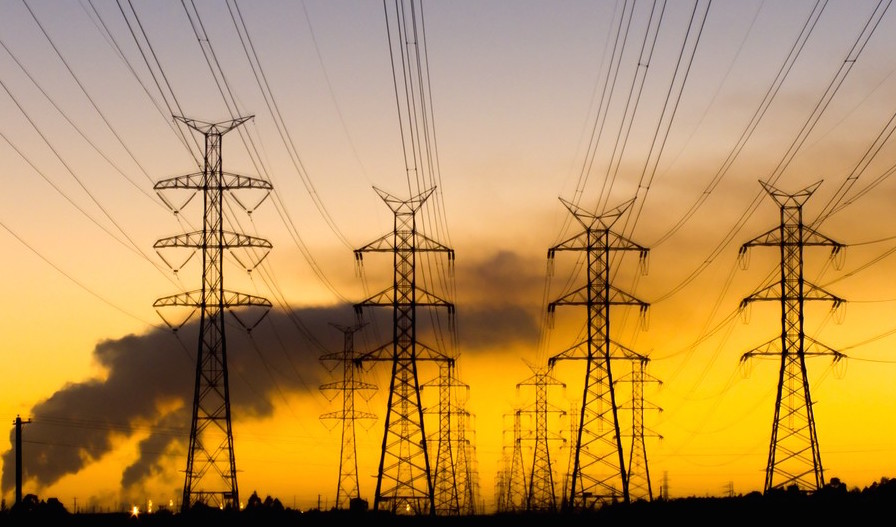- Electricity Consumers’ Complaints Rose to 153,227 in Q2
Electricity distribution companies in the country saw complaints from their customers rise to 153,227 in the second quarter of this year, the Nigerian Electricity Regulatory Commission said in a new report.
The regulator, in its report for the second quarter 2018, said the 11 Discos nationwide received a total of 153,227 complaints as against 108,871 complaints received in the first quarter.
It said with the increase in the number of complaints received, the proportion of the number of complaints resolved by Discos reduced to 61.2 per cent from the 66.9 per cent recorded in the previous quarter.
“Benin Disco had the highest number of complaints followed by Ikeja Disco. On the other hand, Yola Disco recorded the lowest number of complaints,” NERC said.
Yola, Kano, Jos and Abuja Discos, in this order, recorded a higher rate (over 90 per cent) of complaints resolved, reflecting better performance in dealing with customer complaints compared to other distribution companies, according to the report.
The regulator said the customer complaints centred on service interruption, poor voltage, load shedding, metering, estimated billing, disconnection, and delayed connection.
It said majority of the Discos received huge number of complaints on each of those key issues, with the exception of Jos and Kano Discos, which received just one complaint each on load shedding, and Jos and Yola Discos with just one complaint each on delayed connection.
According to the report, metering and billing still dominate the customer complaints, accounting for 68 per cent (i.e., 103,636) of the total complaints received during the period under review.
“This implies that, on average, about 1,152 customers complained about metering and billing per day. Another issue of serious concern is service interruption, accounting for 14 per cent (i.e. 21,976) of the total customer complaints received,” it said.
The commission said to address customers’ complaints, it “monitors, on a continuous basis, the complaint handling and resolution process adopted by the Discos.”
It said between May and June 2018, it conducted an audit exercise of the Discos’ compliance to service standards in line with the extant rules on Customer Service Standards.
NERC said, “The reports are being reviewed following which necessary actions will be undertaken to further improve customers’ service delivery.
“Similarly, the commission continuously strives to improve on the operation of its forum offices, which are set up to adjudicate on consumers’ complaints that are not adequately resolved to the satisfaction of consumers by the responsible Discos.”
The regulator said as of the end of the second quarter, it had established 25 forum offices for effective adjudication of customer complaints.
“In addition, as part of its 2017-2020 strategic plan, the commission has launched and is monitoring the implementation of the Meter Asset Provider Regulation which is designed to address the metering gap and eliminate estimated billing in the Nigerian electricity supply industry,” it added.

 Forex3 weeks ago
Forex3 weeks ago
 Naira3 weeks ago
Naira3 weeks ago
 Billionaire Watch2 weeks ago
Billionaire Watch2 weeks ago


 Naira3 weeks ago
Naira3 weeks ago




 Naira2 weeks ago
Naira2 weeks ago




 Naira1 week ago
Naira1 week ago




 Naira4 weeks ago
Naira4 weeks ago
 Banking Sector4 weeks ago
Banking Sector4 weeks ago




















